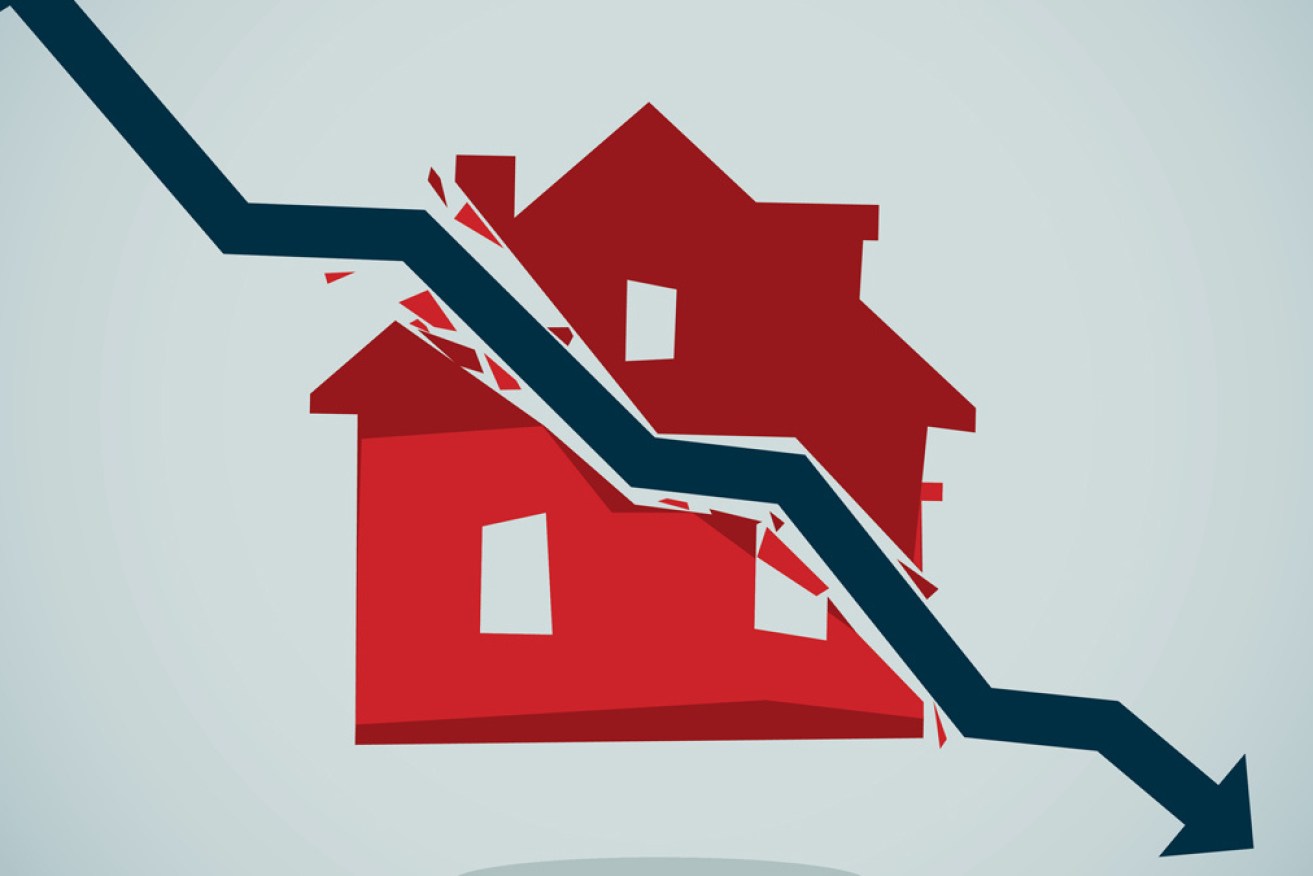Why people are better off in superannuation despite high housing prices


Putting money into housing instead of super would cost young people thousands. Photo: Getty
Young people with ambitions to buy a first home might be tempted to drop super contributions and direct their wages into a home deposit.
But, attractive as that proposition may sound to some, it would likely leave them worse off by as much as $600,000, according to respected economists and Industry Super Australia.
“It’s an old chestnut that emerges periodically,” said Nicki Hutley, a partner with Deloitte Access Economics.
“If we went down that path, many people would not save for super and then they would retire with little or no super savings.”
The issue surfaced when think tank The Centre for Independent Studies (CIS) claimed young people would be better off without compulsory super.
“Super is paid for out of the wages of workers, diverting more of those wages to prop up future super balances will damage workers in the present,” CIS director Simon Cowan said.
“It is misleading and irresponsible to try and blame declining home ownership among younger Australians on super contributions,” according to Bernie Dean, CEO of Industry Super Australia.
The costs of no super are massive
“If superannuation guarantee contributions were stopped, the cost to the real retirement payout for a person aged 30 now and earning $50,000 a year could be over $400,000. For a 30-year-old earning $80,000, the cost to their real retirement payout could exceed $600,000,” Mr Dean said.
If compulsory super was abandoned, even for younger people, “there is nothing to say they would do the right thing and put their savings into housing,” Ms Hutley said.
Abandoning compulsory super and allowing people to invest in housing instead “in theory could help people get into the housing market but if everyone did it then it would just push housing prices higher”, independent economist Stephen Koukoulas said.
Super has done well over time
While housing prices have been in the headlines often over the past two decades, superannuation has performed as well or better than housing in most areas. This table has the details.
Across the nation, super grew at an annual rate of 5.3 per cent in the 12 years to December 2018.
Housing, on the other hand, grew at a more modest 2.6 per cent according to the Australian Bureau of Statistics.
In Melbourne and Sydney housing did outperform super, by 1.88 per cent annually in Melbourne and 0.55 per cent in Sydney.
Those housing return figures don’t include costs like insurance, council rates and utilities. Anyone investing to rent would have to add in income tax, land tax and agents fees.
In the March quarter, housing across all capital cities lost an average of 2.1 per cent, while the average superannuation balanced fund grew at 5.4 per cent.
Industry super growing fastest
New figures from the Australian Prudential Regulation Authority show that superannuation savings in Australia have reached a record of $2.78 trillion. Within that system the industry fund sector grew fastest, increasing by 13.1 per cent in the year to March 2019.
Second fastest in growth terms were the public sector funds, like industry funds also run on a profit-for-member basis, which grew at 7.3 per cent.
Retail funds, which were hard hit by negative revelations about their activity in the Hayne banking royal commission, grew at 3.45 per cent.
Industry funds also grew to be larger than retail funds for the first time. They totalled $677.5 billion in funds under management in April 2019 compared with $623.4 billion for retail funds.
In the wake of the royal commission retail fund members have moved billions into industry funds.
The New Daily is owned by Industry Super Holdings









